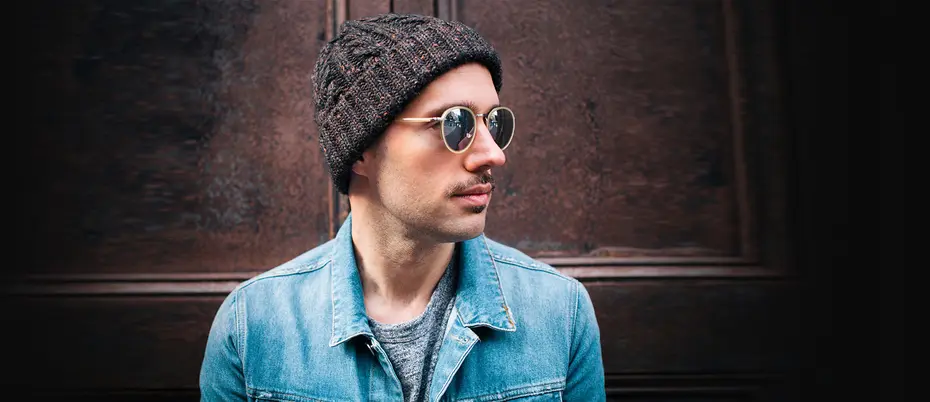Entrepreneurship
What a ‘cool Brooklyn dad’ learned turning a hobby into a personal brand
When it comes to a customer-centric approach, if you play only what the crowd wants to hear, you’re not creative — you’re a jukebox.
DJ Mick Batyske earned his MBA from John Carroll University, but some of the most profound business lessons he’s learned came from standing behind turntables.
The remixing, startup investing, public speaking brand ambassador recently spoke at the Martin Trust Center for MIT Entrepreneurship, and shared knowledge he’s gained in achieving his goal to “never sit behind a desk that isn’t mine.”
A deliberate move into the entrepreneurial world
Five years ago Batyske was 35, living in New York City, and having a mid-life crisis.
Despite the fact that he’d parlayed his DJing hobby from a way to pay for business school and meet people to a career that allowed him to collaborate with artists like Jay-Z and work with companies like EA Sports and Adidas, Batyske said he still felt like he didn’t have enough time in the week to do things he wanted to do.
“I’m only DJing [a few times] a week and my gigs are two or three hours long; that’s like seven to 10 hours a week, so why do I have no time?” Batyske said. “What I realized was I was viewing the perspective of my life completely wrong. I was always viewing my life as that of a DJ, which is the guy who shows up at night for a couple hours, has fun, and goes home.
Batyske realized it was time to rearrange his music and fashion work into a separate brand of all the other things he wanted to do like public speaking, consulting, and investing. He decided playing music would be only one part of his job description — he was rebranding himself as a company and started thinking as an entrepreneur.
That meant when he got hired to play music for a few hours at a company event, Batyske started asking for 15 minutes with that company’s chief marketing officer.
“I started having those dialogues with so many people and that led to a whole slew of things like investing in startups and performing at parties for huge Silicon Valley firms’ parties,” Batyske said. “It’s easy to DJ a Hennessy party, but put me at Ben Horowitz's house; I want to do that one. And I can do both. I set my life up to be at this point where I can have both of those options going at the same time, and that leads to all sorts of amazing stuff. It leads to access to people that previously I had no business having access to.”
Taking risks with confidence
Batyske said he approaches doing anything with the confidence that he will be at least 85-90 percent proficient at it.
Preparation is important, Batyske said, but so is that self-assurance. You can lean on it to give yourself perspective when things might seem to be going downhill.
“It allows you to take those risks, whether it’s creatively, whether entrepreneurially, whether financially, that you wouldn’t normally take, because I have a belief that overall everything is going to work out,” Batyske said. “The best opportunities for me have come from stuff that completely went the wrong way at the beginning or something that I missed out on.”
No more mix tapes
Batyske said he takes the approach of giving his audience 85-90 percent of what they want, and 10 percent of what he wants to give them.
“If we all gave people 100 percent of what they were thinking, that would make us all jukeboxes,” Batyske said. “So you have to have that 10-15 percent of what makes you, you. This could be in any creative endeavor — it doesn’t have to be just music.”
Batyske said he is rarely asked for a mix tape to prove his DJ skills, because people assume the music is going to be good. What they need is to believe in the brand and what he’s selling, just like athletes and their ad campaigns.
“When people are like ‘what’s your brand?’ I’m like ‘I’m a cool Brooklyn dad,’” Batyske said. “That’s truly become the distilled version of what my brand is in 2018. I love that. That just means I can do a bunch of cool stuff and figure out how to make money doing it, and I’m just very cognizant of how I put that out there, and make sure that it’s stuff that my audience and my customers want to see, but also it needs to be me.”




